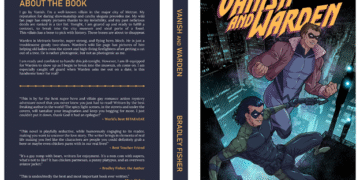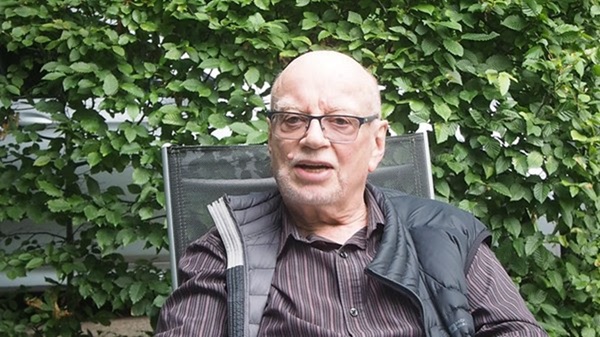How a Norwegian Farmhouse Became the Front Line of the Human Spirit
In a world turned upside down by war, it’s often the quietest voices that leave the most profound echoes. That’s the heart of Connections, a powerful historical novel by Norwegian author Anne Karin Elstad, translated with emotional clarity by Iain Robertson. Set during the Nazi invasion of Norway in 1940, this story does not follow soldiers or commanders—it follows the civilians caught between survival and conscience. And in doing so, it reminds us that heroism often looks like baking bread during an air raid, sharing a bed with refugees, or refusing to let hate divide a family.
A Family on the Edge of War—and of Each Other
At the centre of Connections is the Storvik family, living in rural Norway just beyond the reach of direct attack—but never beyond the reach of fear. As German aircraft light up the skies and the nearby town of Kristiansund is engulfed in flames, farmer Jørgen and his wife Julie face a different kind of war at home. Their eldest son, Krister, remains in the bombed city. Their brother-in-law, Ivar, supports the Nazi regime. And in a farmhouse crowded with evacuees, emotions, loyalties, and grief push against the walls like the storm clouds above.
Rather than offer action-driven drama, Elstad creates a subtle battlefield of glances, silences, and moral reckonings. The family is not fighting soldiers—but fear, ideology, resentment, and uncertainty.
The Burden of Survival Falls on the Women
If Connections were a monument to endurance, its stone would be carved in the shape of Julie. Heavily pregnant, emotionally haunted by the stillbirth of her daughter years earlier, and now tasked with sheltering displaced families, Julie emerges as the novel’s heartbeat. Her thoughts reveal both maternal ferocity and a quiet desperation as she juggles farm life, community expectations, and the crushing fear for Krister’s safety.
But she’s not alone. Randi, her best friend, flees the burning town with three children and a bag of flour. Helene, the German-born wife of Ivar, must wrestle with her national identity as her homeland becomes her enemy’s flag. Together, these women form an unlikely alliance—a support system that transcends language, nationality, and trauma.
It’s a powerful reminder that in times of war, it’s often the women—unseen in textbooks—who hold society together.

A Reflection of Our Own Divided World
One of the book’s most compelling elements is its exploration of ideological fractures within a single family. Jørgen, though not outwardly political, carries a deep-seated mistrust of his brother Ivar, a proud National Socialist. That mistrust simmers beneath their conversations, erupting in a confrontation that reveals more than political differences—it shows the heartbreak of watching someone you love choose a path you can’t follow.
This narrative feels eerily familiar in today’s polarised world, where families and communities find themselves divided not by geography, but by beliefs. Elstad doesn’t offer easy answers; she presents the painful reality that sometimes love and loyalty are not enough to bridge that divide.
The Power of the Ordinary as Resistance
While bombs fall and cities burn, Connections stays focused on the minutiae of daily life—washing dishes, preparing food, soothing children, milking cows. It’s in these moments that the novel’s greatest message emerges: survival is an act of resistance. Each time Julie rises from bed despite exhaustion, each time the kitchen fills with the smell of cooked potatoes, each time a child laughs, it’s a quiet defiance against the forces trying to tear their world apart.
There’s nothing glamorous about these actions. But in Elstad’s skilled hands, they are transformed into symbols of resilience and dignity.
Translation That Preserves the Heart of the Story
Credit must be given to Iain Robertson’s masterful translation, which conveys not just words, but emotion. The text retains the quiet melancholy and pastoral rhythm of Norwegian life while delivering the urgency of war. It’s a rare feat—to translate feels native to both the original culture and its new audience—and Robertson achieves it with elegance.
Through his efforts, Connections becomes more than a regional novel. It becomes global in its resonance and deeply personal in its voice.
The Courage to Hold On
At its core, Connections is a book about holding on. To family. To integrity. To one’s sense of self, even as the world collapses outside the window. Elstad’s novel does not shout—it whispers. But that whisper grows louder with each page, each character, each act of quiet courage.
As modern readers continue to face uncertain times—be it political unrest, global conflict, or the slow erosion of shared truths—Connections offers a poignant reminder: strength is not only in survival, but in the compassion and conviction we preserve while surviving.




























